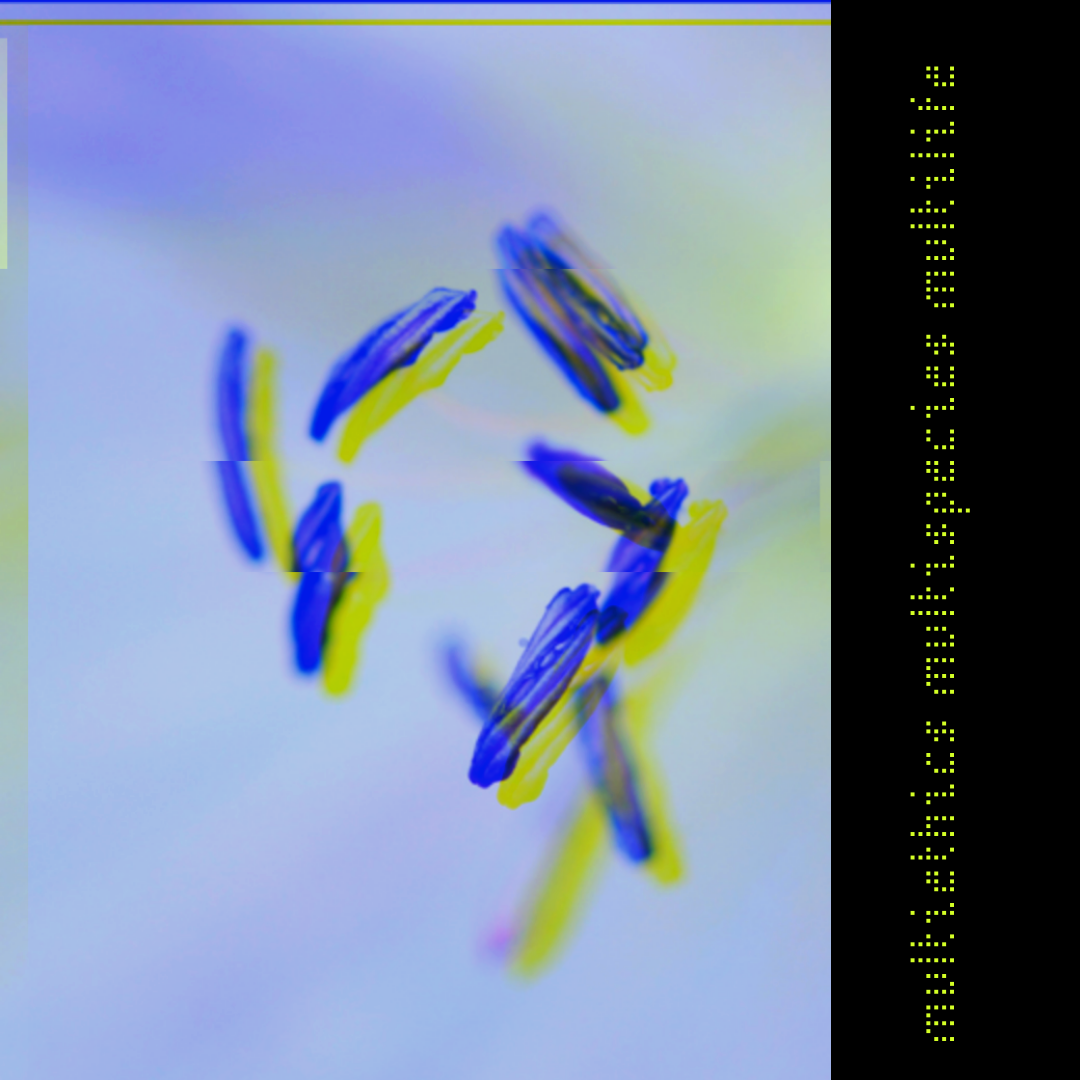
Ellen Bass
Artist Statement: Talking & Listening to Plants
I used to be a dedicated gardener. I even loved weeding. There were some years when my life was hard and the garden was solace. Kneeling in the dirt and pulling up weeds was a manageable accomplishment. There was so much that I couldn’t repair, but this was possible. There were nights when I couldn’t sleep that I went out and pulled snails off the long blades of hostas and lilies. Now my aging body prevents me from doing much of that, but my wife is an avid gardener, so I get the benefit of her work. And we have a grandbaby who, like all children, loves to get her hands in the dirt. Unique, perhaps, to her, she also loves garden catalogues. They may be her favorite books. She wants to know the name of every flower and vegetable, and we can sit for an hour turning pages and talking about the different plants, fertilizers, hoses, shovels, and other paraphernalia.
Right now I’m looking at an orchid on my desk that, after a couple years of nothing, has once again produced buds. The first one opened overnight, its green petals turning maroon, and that light layer of moisture on the petals illuminated in the morning sun. Half a dozen buds are poised to follow. And there’s a second orchid that I’d all but given up on that’s surprised me with a tiny green bulge slowly slowly slowly pushing out from the old stem, so that one’s going to be a beauty again too.
About a month ago my wife asked if she could set up a grow room in our living room and now on the fireplace hearth we have heat mats, LED grow lights, and the seeds have performed the amazing feat that seeds have been doing for millennia—sprouting up to be their individual selves—tomatoes, peppers, cucumbers, poppies, sunflowers. The baby sticks the water meter into the soil and announces the color of the dial—red, green, blue—then gives the dry ones a spritz of water. The first night, the lights glared in my face when we ate dinner, but now we have them timed to go on at 3 am and off at 7 pm so we don’t have to wear sunglasses to eat. There are seed packets in the guest room, onion starts on the kitchen counter, and when the onions are harvested, they’ll hang in mesh bags in the baby’s room.
When we first moved here the baby’s father was a baby. In our neighbor’s yard there was a single redwood with just a sprout by its side. I used to think about how lonely that tree must be. Redwoods grow in communities that interlock their roots. But as the city encroached, more and more were cut down. Over the years, though, the sprout has grown up and now is almost half as tall as the big tree. When I look at them now, I always feel glad that the redwood has a companion.
Last week the baby and I were looking out at the trees and we got to talking about the oxygen/carbon dioxide exchange--how we breathe in what the trees breathe out and they breathe in what we breathe out. Our interdependence is as primal as it gets. I think that’s at least one of the reasons I—and so many other poets—find ourselves writing so much about plants. And the relationship of poetry to plants is deep in its roots (see, it's impossible to get away from plant metaphors!). All the way back to the etymology of the word verse, which comes from the Latin versus, meaning a turn of the plow, a furrow, a line of poetry.
Ellen Bass’s poetry collections include Indigo, Like a Beggar, The Human Line, and Mules of Love. Among her awards are Fellowships from the Guggenheim Foundation and the NEA, Lambda Literary Award, and four Pushcart Prizes. With Florence Howe, she co-edited the first major anthology of women’s poetry, No More Masks! and she co-authored the groundbreaking, The Courage to Heal: A Guide for Survivors of Child Sexual Abuse, and Free Your Mind: The Book for Gay, Lesbian and Bisexual Youth—and Their Allies. A Chancellor Emerita of the Academy of American Poets, Bass founded poetry workshops at Salinas Valley State Prison and the Santa Cruz jails, and teaches in Pacific University’s MFA program.

